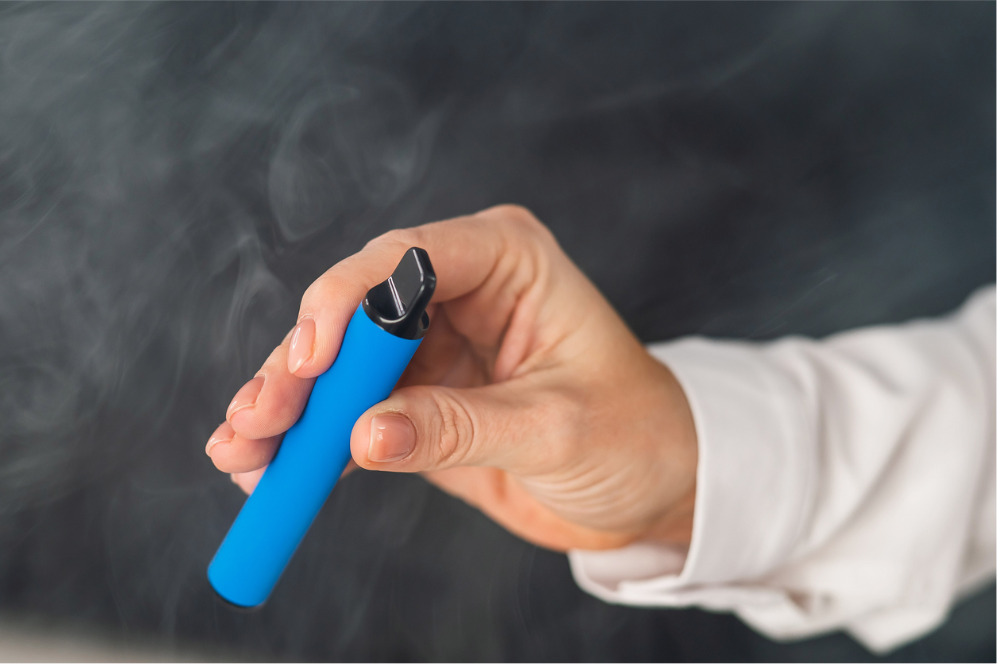
South Australia education minister Blair Boyer said the government supports schools installing vape detection systems as vaping among teens becomes more rampant.
One school installed detection systems from HALO Smart Sensors in 2021, according to The Advertiser, followed by three others during the first half of 2022.
Schools made use of their own budgets to fund installation costs that reportedly run between $15,000 to $25,000.
Data from the most recent Australian Secondary Students’ Alcohol and Drug Survey revealed that around 14% of students aged 12 to 17 had used an e-cigarette at least once, with 32% of these students saying they had done so within the past month.
Selling vape products to people under 18 is illegal in Australia. However, researchers from the University of Sydney have found that most teens who vape get their devices from friends or illicit retailers, including ones that are found online.
“Turning the tide on teen vaping requires strong and immediate policy action,” said University of Sydney’s Christina Watts, Becky Freeman, and Sam Egger.
Boyer said the government has also invested over $2 million to curb the rate of vaping in schools on top of $2.25 million for preventive education programs under its Vaping Action Plan.
“We know vaping is becoming an increasing issue among young people and enabling schools to install vaping detectors can be part of the response – but the best approach is prevention by teaching students about vaping’s health impacts, so they understand just how dangerous and addictive it really is,” Boyer told The Advertiser.
The South Australian government will also develop new training for school staff through partnerships with the Drug and Alcohol Services Australia, Quitline, the Cancer Council, and the Commissioner for Children and Young People, Boyer added.
“We are taking strong action to tackle this issue based on what students have told us – making sure they can make informed decisions and can get help when they need it,” he said.


